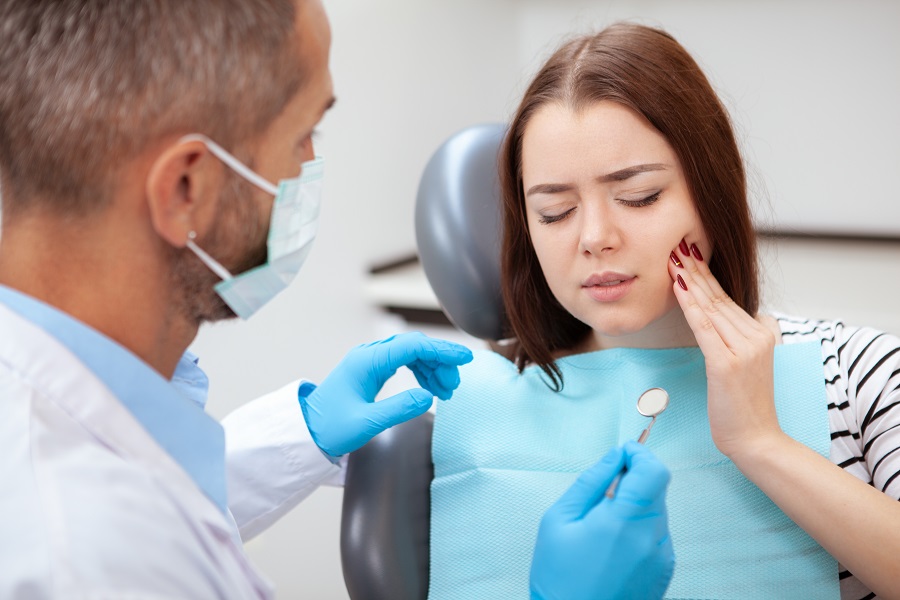Connection Between Stress and Oral Health
Posted by PRIMARY DENTAL CLINIC on Nov 14 2022, 06:37 AM
Stress is your body’s reaction to a certain event, whether positive or negative. You may experience physical or emotional changes when you feel stressed. These may include rapid heart rate, sweaty palms, trouble sleeping, headaches, stomach pain, muscle tension, irritability and anger, sadness, tiredness, and anxiety. These are a normal part of being human, but over time, persistent and chronic stress can have a negative impact on your health, including your oral health.
When you feel stressed, your cortisol levels rise. Cortisol is a hormone released by the adrenal glands in response to stress. This reaction helps regulate blood pressure, metabolism, immune responses, and inflammation in the body. It can help increase your senses of alertness and energy when you are under stress. However, too much of this hormone can cause harmful health effects. High levels of cortisol can suppress the immune system, weaken bones, cause weight gain, increase the risk of heart attack, and raise blood sugars. If this hormone is released for extended periods of time, it can also negatively affect oral health. For example, high cortisol levels can increase plaque buildup and lead to gum disease. It can also make you more susceptible to mouth sores.
Another possible effect of stress on your mouth is bruxism. This condition involves regularly grinding your teeth while sleeping, which can cause tooth wear over time, fractured teeth, and even TMD. Bruxism is often related to anxiety or other psychological issues that cause significant stress in your daily life.
Get Stress-Free
While everyone experiences stress and anxiety from time to time, if you experience ongoing stress, it’s important to try to manage this properly to avoid negative side effects on your oral health. You can do this by focusing on self-care and healthy behaviors like eating healthy food, getting enough sleep, staying hydrated, exercising regularly, reducing caffeine intake, avoiding alcohol and drug abuse, and learning healthy ways to cope with stress.
Talk to your dentist about other ways to reduce your stress levels and protect your oral health. In some cases, your dentist may recommend using a soft-bristle toothbrush and a special flossing tool called a water flosser instead. These tools can help you clean all parts of your mouth effectively without aggravating any existing pain you may be experiencing.
Make an appointment with us today at (432) 570-7080 or email us at primarydentalclinic@gmail.com for further questions. Get in touch with our office at 4519 N Garfield St., Suite 16A, Midland, TX 79705.


